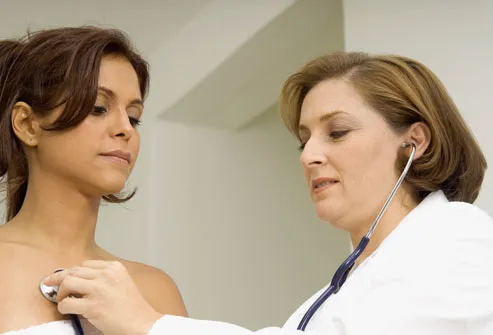
Why Screening Tests Are Important
Getting the right screening test at the right time is one of the most important things you can do for your health. Screenings find diseases like cancer or diabetes early, often before you have symptoms, and when they're easier to treat. Which test you shoul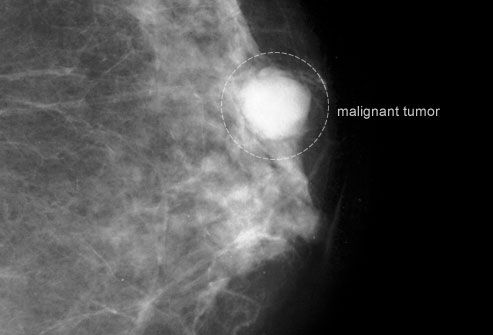 d have depends on your age and your risk facto
d have depends on your age and your risk facto
 d have depends on your age and your risk facto
d have depends on your age and your risk factoBreast Cancer
Early detection of breast cancer greatly improves your odds for survival. That's because the smaller the cancer is when it's found, the better the chance for a surgical cure. Smaller breast cancers are also less likely to have spread to lymph nodes and other organs such as the lungs and brain. If you're in your 20s or 30s and do not have known breast cancer risk factors, a clinical breast exam by a health professional should be part of your regular
rs. Learn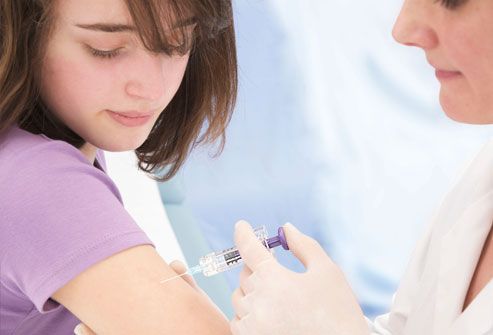 more about the screenings your doctor may recommend for you.
more about the screenings your doctor may recommend for you.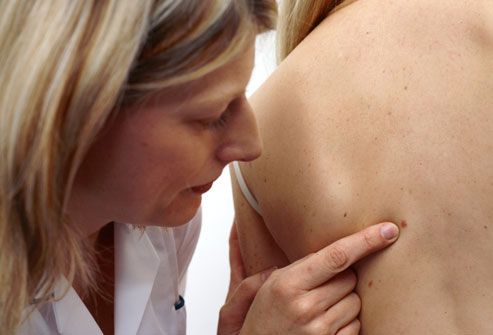
 more about the screenings your doctor may recommend for you.
more about the screenings your doctor may recommend for you.
Screening for Skin Cancer
The American Cancer Society and the American Academy of Dermatology recommend regular skin self-exams to check for any changes in marks on your skin including shape, color, and size. A skin exam by a dermatologist or other health professional should be part of a routine cancer checkup.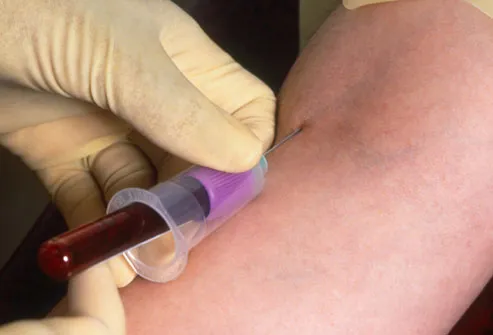

HIV Screening Tests
HIV-infected individuals can remain symptom free for many years. The only way to know they are infected is with a series of blood tests. The first test is called ELISA or EIA. It looks for antibodies to HIV in the blood. It's possible not to be infected and still show positive on the test. So a second test called a Western blot assay is done for confirmation. If you are infected, you could still have a negative test result. Repeat testing is recommended. If you think you may 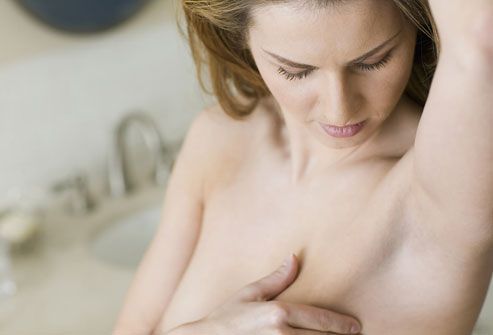

Breast Self-Exams
It was once widely recommended that women check their own breasts once a month. But studies suggest these breast self-exams play a very small role in finding cancer. The current thinking is that it’s more important to know your breasts and be aware of any changes, rather than checking them on a regular schedule. If you want to do breast self-exams, be sure to go 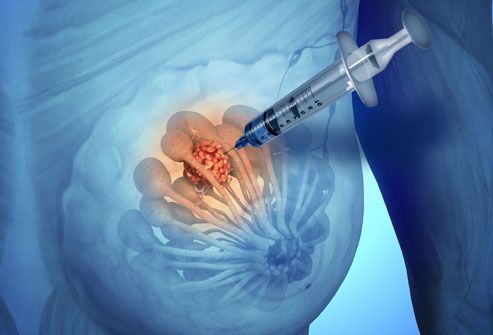 over the technique with your doctor.
over the technique with your doctor.
 over the technique with your doctor.
over the technique with your doctor.Breast Biopsy
The only sure way to determine whether a lump is cancer is to do a biopsy. This involves taking a tissue sample for further examination in the lab, sometimes through a small needle. Sometimes surgery is done to take part of or the entire lump for testing. The results will show whether the lump is cancer, and if so, what type. There are several forms of breast cancer, and treatments are carefully matched to the type of cancer.